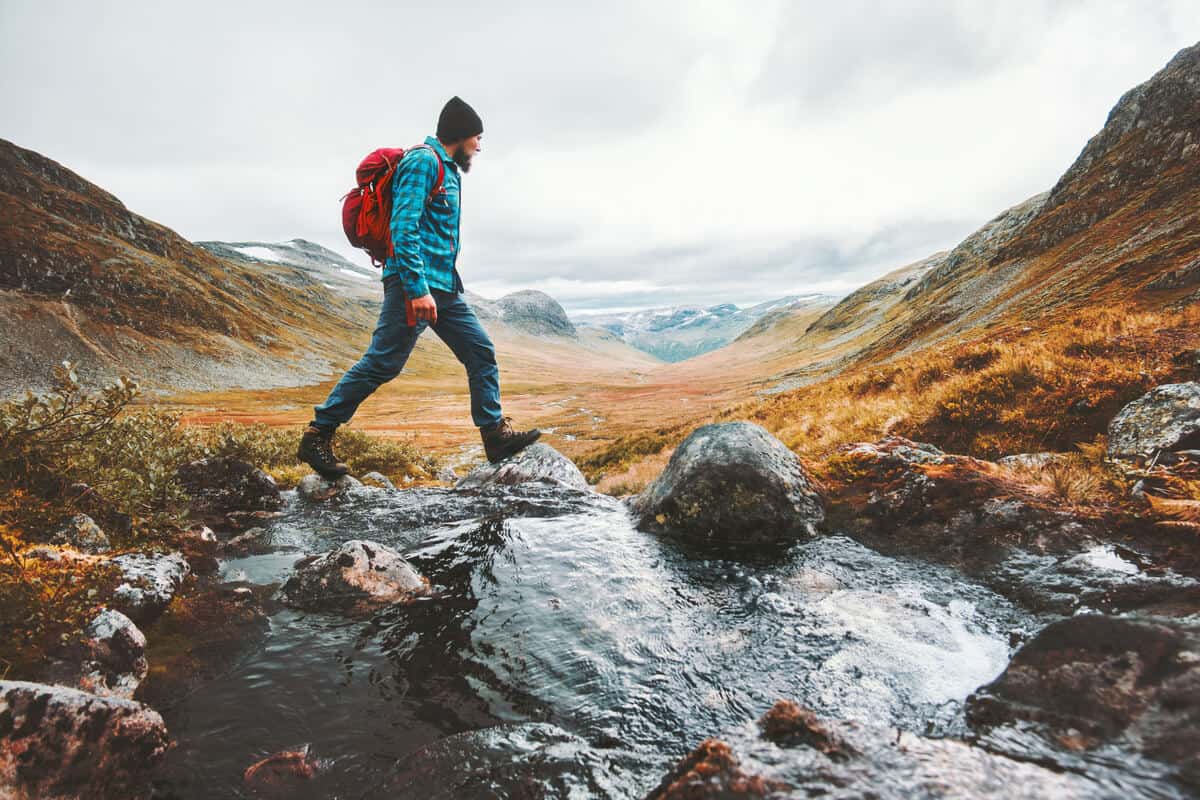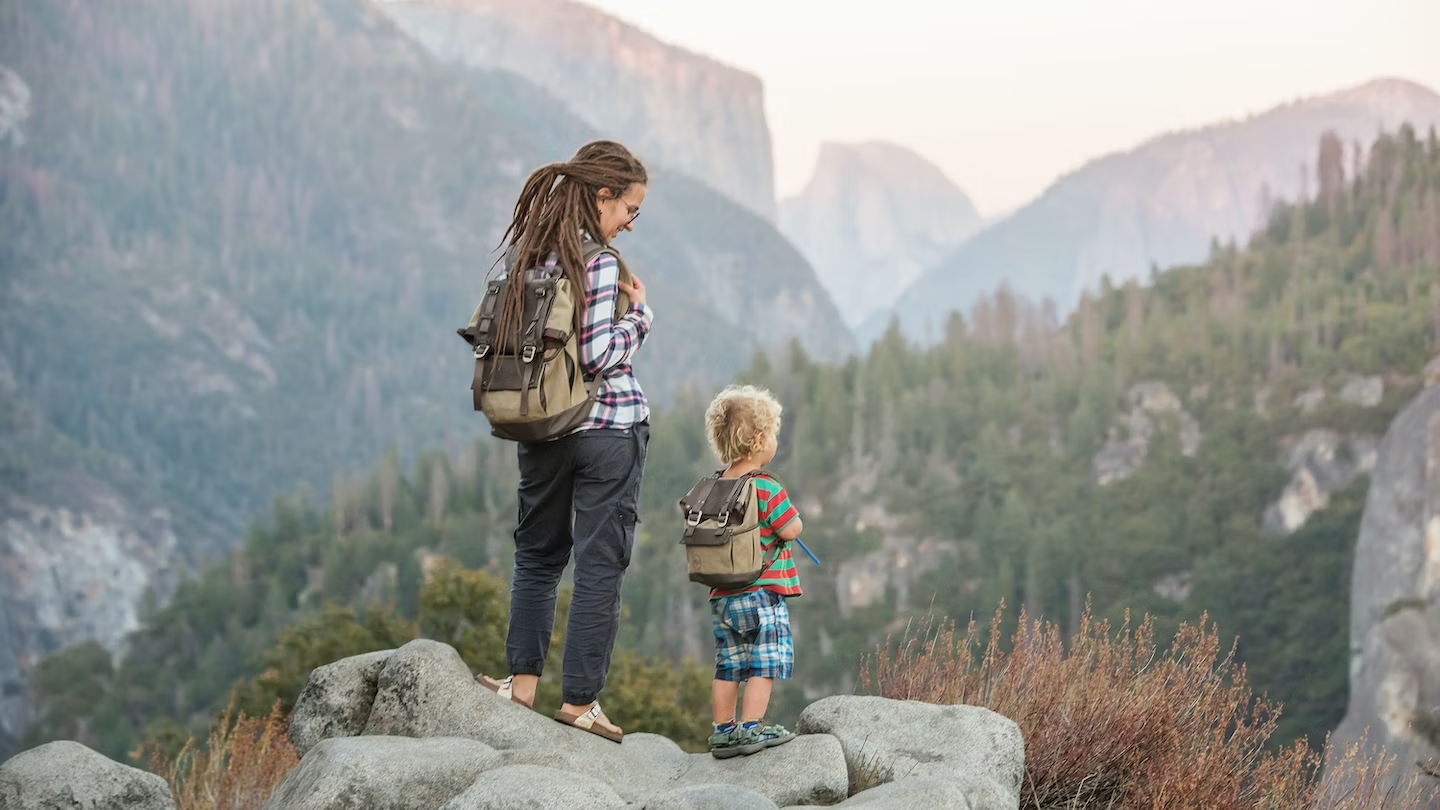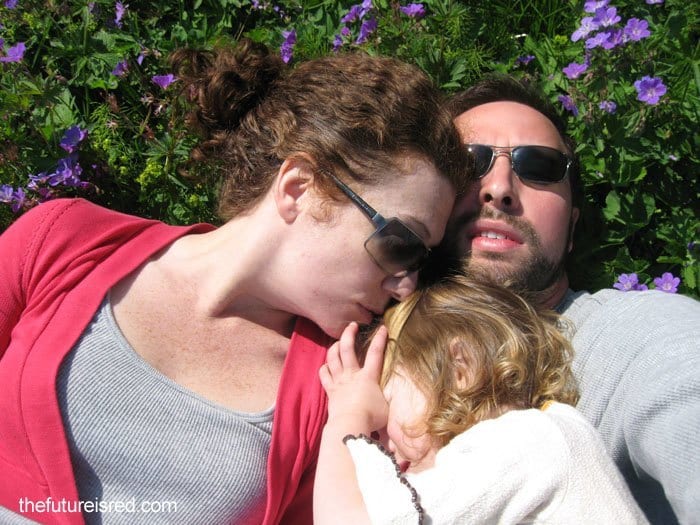
I started volunteering during the summer when I was 11 years old. It started when my dad worked at the Red Cross in Arkansas, and he brought me withal to help.
I didn’t realize it at the time, but my mornings teaching winsome five and six year olds to swim set the foundation for my life philosophy and how I would tideway people, other cultures, and the world in general.
Since then, I’ve baked cupcakes to raise money for school supplies in Panama, cut fruit to feed monkeys and bears in Bolivia and taught art and photography classes to children in tiny villages in Argentina.
Now, as an sultana traveling with my daughter, we do volunteer work together. The wits is enriching and educational, for both my daughter and me, but it’s moreover a lot increasingly than that. As she works withal abreast me, it’s a bonding moment between us.
If you’ve overly considered volunteering with your child while traveling, here are some of the reasons why you should volunteer work.
Why Volunteer With Your Child When You Travel?
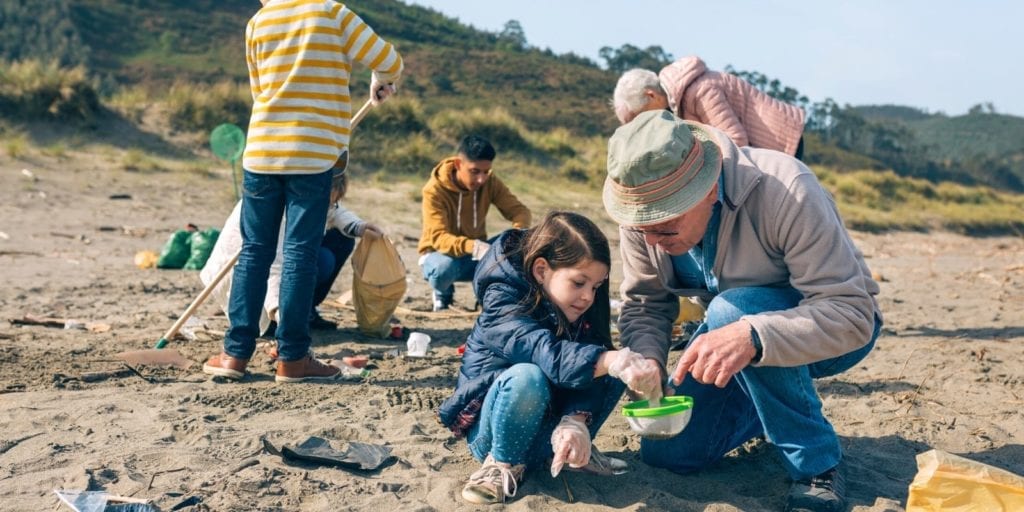
I read this interesting vendible by a woman named Pippa Biddle, who wrote well-nigh the problematic nature of volunteering.
Her main point stuff that unless you have the wits to volunteer, it’s weightier to stay home.
Obviously, most children don’t have wide-stretching international aid experience. They are increasingly needy than the stereotype sultana and are usually less worldly-wise to tenancy themselves – perhaps leading you to question whether volunteering with children is a good idea.
Some may undeniability it irresponsible to bring a child with you, I do not believe that to be the case.
Of course, we are not talking well-nigh medical volunteer work or running into a war zone to superintendency for injured people. There are so many types of volunteer work you can do that has an impact, but doesn’t require specialist training or skills.
Here’s a few good reasons why you should volunteer with your kids on your travels…
1. You will learn wondrous things while volunteering

A toucan at a wildlife refuge
Children are capable of incredible things, and too often adults underestimate what they can do.
Volunteering requires a upper stratum of maturity, patience and kindness. All of which are qualities children possess and are increasingly than worldly-wise to remoter cultivate.
My daughter, Lila, has learned responsibility. She took on the job of feeding birds and not only made sure they ate on time every day but remembered to prepare a special dish for the toucan.
She gained skills and knowledge through her volunteer experiences.
Lila learned what monkeys and birds eat, not in a classroom or from a video, but considering she fed and cared for animals at a natural habitat wildlife refuge.
She moreover understands the importance of preserving their environment, considering she has seen first hand what happens to those animals when their forests are destroyed.
Working slantingly local communities in need helps children develop empathy and compassion as they witness firsthand the challenges faced by others and the power of making a positive impact.
2. Children can learn other languages
Lila can moreover handle herself in variegated cultures and in variegated languages. In truth, we learn language far increasingly quickly surpassing adolescence. What largest way to learn than through real world communication?
Traveling and volunteering with Lila have deepened not only her independence but my conviction that Lila can handle herself.
Volunteering upalong with your kids is an enriching and transformative wits that offers numerous benefits for both you and your children. Here are some compelling reasons to consider:
3. It gives them global awareness
Volunteering upalong raises sensation well-nigh global issues like poverty, lack of education, and environmental and sustainability issues.
It can be very empowering for children to see first hand some of the shortfalls of this world and put them on the path to rhadamanthine informed global citizens.
They will return home with a new-found respect for the world, and can think deeper and increasingly empathetically than their friends at home.
4. Develops skills
Volunteering offers opportunities for children to develop valuable skills such as communication, problem-solving, teamwork, and adaptability.
Of course, they can learn all these things in schools, but when learning these skills outside a classroom they are putting what they learn to good use in the real world. This is far increasingly salubrious in my book.
5. They get outside the classroom education
If you want a child to remember something they’ve learned, the weightier way to ensure this is to make sure they are learning in context and putting what they learn to good use.
The weightier way to learn well-nigh anything, is to learn by doing.
Volunteering provides hands-on learning opportunities that is far increasingly impactful and useful than what they can learn in formal education. We’re not talking just practical skills, but valuable life lessons, too.
6. The tabulation to rhadamanthine a largest person
Volunteering is all well-nigh making a difference. Volunteering empowers children to make a positive impact on the lives of others, fostering a lifelong transferral to giving when and creating a largest world.
As they grow older, they will grow up increasingly understanding and considerate of others, which in turn, will help them to grow up to be a largest person.
Tips For Volunteering With Your Children
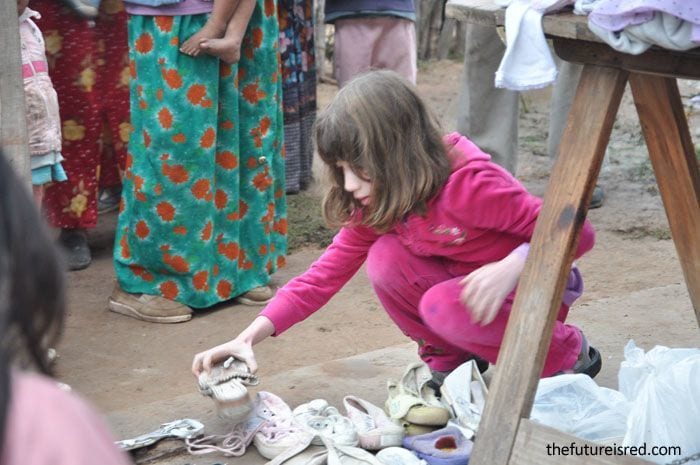
Lila sorting donated shoes in NW Argentina
It’s important to remember that volunteering comes with guidelines. These tips will help ensure a unscratched and positive wits for you and your child.
1. Your child must be part of the visualization making process
Talk to your children surpassing volunteering to make sure it’s what they want to do and that they understand exactly what is expected of them.
Ensure they know all their duties and that it’s an important role they play. They need to understand they can’t just requite up if they are bored, or that they can’t forget to feed the cat one day.
If they are not totally onboard, then you may want to rethink the kind of volunteer work you do. Top tip; kids usually enjoy volunteer work that works with animals.
2. Ask the NGO or organization if they indulge children
Many places will automatically say no. That is their prerogative. The work they do may be dangerous or they don’t have the towardly resources to support a child.
Even if an organization has a no children policy, it never hurts to ask if they’ll make an exception. Don’t push if it’s not a good fit.
3. Find out what work you will be doing
Not every volunteer group will have a well-spoken outline of the work, so it is up to you to ask questions, contact past volunteers and talk to people at the organization to find out how you can be most helpful and what work you will be doing.
You can moreover offer spare skills you may possess.
4. Pack well and carefully
Many volunteer organizations will have a list of what you’ll need to pack and how to prepare for your trip. If you can’t find one, ask.
While many organizations provide for your vital needs, it’s weightier to be as self sufficient as possible so as not to be a phlebotomize on resources.
Also, trammels to see if you can buy food, water, first aid and other items nearby should the need arise.
5. Prepare for the trip together
There are many ways to build excitement and create well-spoken expectations for your trip prior to your throw-away date.
You can pack together, purchase whatever items you need, research the subject and plane learn a language.
6. Work up to a long trip
Don’t start by dragging your child from home where they’ll be surrounded by people who speak a variegated language and living without their usual amenities.
Instead, start with something increasingly simple. Find volunteer opportunities closer to home.
Before You Go
Before you go, remember it is all well-nigh attitude.
It is indeed problematic if a volunteer walks into a polity thinking of himself as someone who is there to bequeath knowledge on a people who don’t know.
It is plane worse when volunteers use resources that would be largest left to the community. If, however, you enter the polity with the desire to learn and a willingness to take instruction, you send a variegated message.
I’ve found that showing up with a child allows me to integrate increasingly seamlessly into the local community, considering the role of parent cuts through all cultural and language boundaries.
When Lila sits on the dirt floor of a one room denomination in a tiny village with no running water and no electricity and draws with a child her own age, she builds relationships based on worldwide experience.
When you treat people with respect and are considerate of their time and culture, you teach your children that money, privilege and verisimilitude of skin do not determine worth or friendship, and that is an incredibly powerful lesson for all.
.

